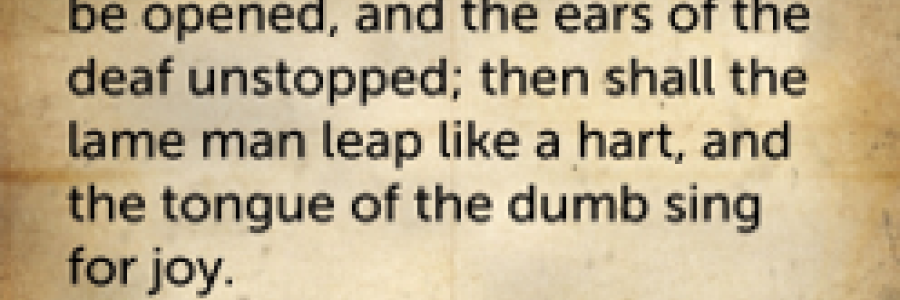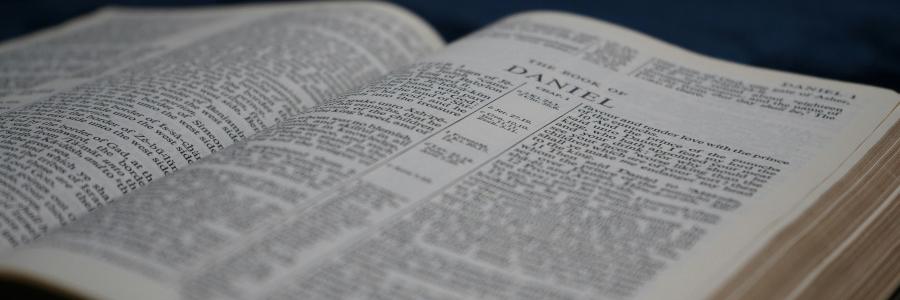Theology Thursday - A 3rd Century Baptismal Liturgy
The book Apostolic Tradition is a Christian text which dates from the 3rd century A.D. It’s traditionally attributed to a man named Hippolytus, though the work may well be an edited compilation. It describes liturgical practices from the 3rd century, so it’s a very interesting time-capsule of early church practice.
Discussion
Theology Thursday - Baptism as the "Channel of Sanctification"
Not long after the apostolic era, Christian leaders began teaching that the ordinance of baptism regenerated sinners. The author of the Shepherd of Hermas, for example (ca. 100-154 A.D.),1 explained that “we went down into the water and received forgiveness of our previous sins” (31.1). He also believed a Christian could only sin once after being regenerated by baptism.2
Discussion
Some Notes on Daniel 7 (Part 1)
Just as there are four kingdoms represented by the materials in Nebuchadnezzar’s dream-image in Daniel 2, four kingdoms are also present in Daniel’s vision of the four beasts in chapter 7. Since we find weird creatures, portents of the last days, a supernatural guide and such, this vision is associated with apocalyptic genre.1
Discussion
“O Soulo Mio”: The Term נפש (Nephesh) and Its Significance for the Doctrine of Man
The Hebrew word נפש (nephesh) is important for the Old Testament (and biblical) doctrine of man. The term appears over 750 times in the OT and is translated in the Authorized Version most frequently as “soul,” “life,” “person,” “creature,” or “-self.” It is found in all OT genres (narrative, poetry, prophecy, etc.) and may have either a literal or metaphorical sense.
Discussion
How Biblical is Molinism? (Part 5)
Reposted from Analogical Thoughts, with permission. Read the series so far.
A long time ago, in a galaxy remarkably like this one, I began a series addressing the question, How well is Molinism supported by the Bible? It’s high time I started to wrap things up. So, to recap:
Discussion
The Mysterious King of Tyre
Ezekiel 28 is known for its double prophecies against the rulers of the ancient port of Tyre in modern day Lebanon. The first ten verses concern the “prince [nagid] of Tyre” and speak of his fate by God’s judgment. But then comes a lamentation against the “king of Tyre” (Ezek. 28:11-19). The description of this king is curious to say the least. God says that he was the sum of perfection or proportion, wise and utterly beautiful (28:12. Cf. Ezek. 27:3). This seems an over the top way to speak about an earthly ruler, but perhaps this is mere hyperbole?
Discussion
From a personal perspective, which is your favorite Pauline epistle and why?
The question is about the epistle you yourself favor. This is not about which epistle you think is most important. Many of us would probably say Romans on that score. This is about which is your PERSONAL favorite, the one you enjoy most or the one that speaks to you most.
Some of you may consider Hebrews to have been written by Paul, but our assumption is that it is not. I don’t want to create a dilemma for someone whose favorite epistle is Hebrews but yet does not believe Paul wrote it!







Discussion